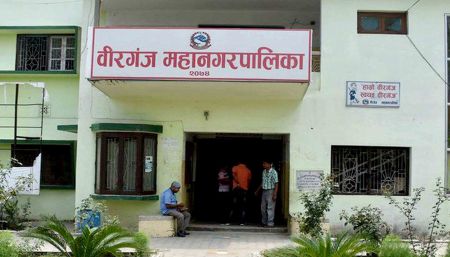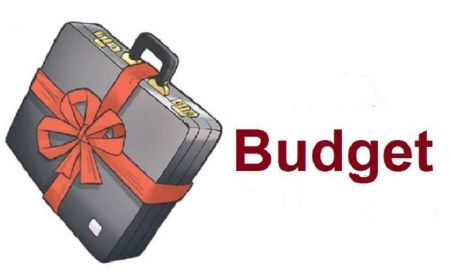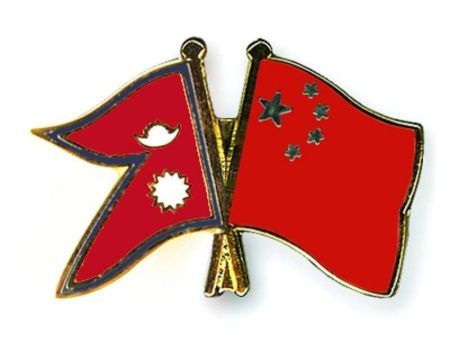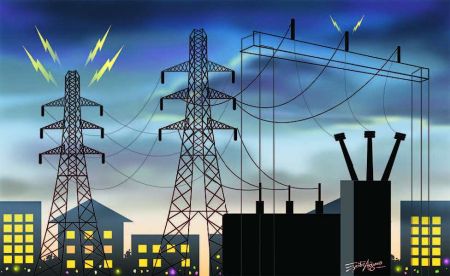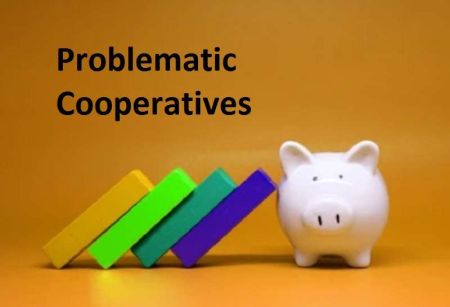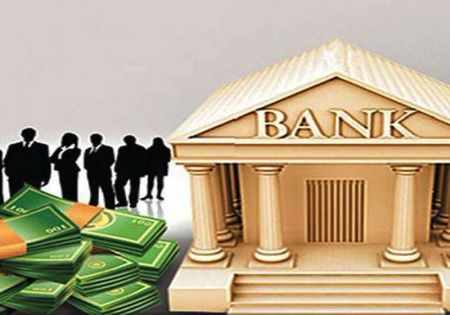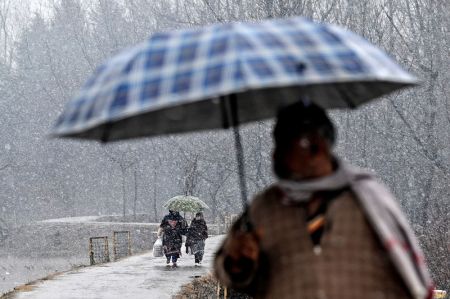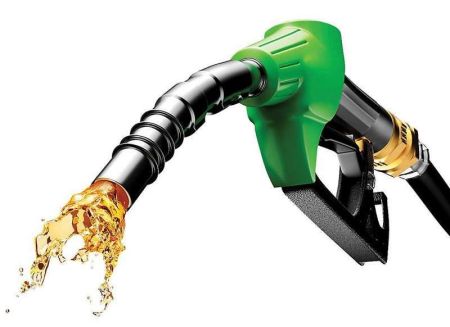--By Sagar Ghimire
With the sharp devaluation of the Nepali Rupee against the US Dollar, Nepali factories are more likely to bear the brunt due to effects in supply and price of petroleum.
Though Nepal Oil Corporation (NOC) has not hiked the price of petroleum products due to the sharp fall of the Rupee, NOC cannot withhold the loss incurred in petroleum products for a long time.
The Nepali Rupee plunged as low as Rs 108 last week against a unit price of the US Dollar.
Industrialists lament that they will have to suffer badly due to the price hike of petroleum products resulting from the free-fall of local currency against the Dollar.
Pashupati Murarka, vice-president of Federation of Nepal Chambers of Commerce and Industry, says that the government will be left with only two choices. According to him, the government either has to provide more subsidies to NOC to keep the price of petroleum products unchanged, or it has to adjust the price of petroleum products. “Either way, it would take a toll in Nepal’s crippling economy, particularly industries,” he says.
Currently, NOC is reeling under a heavy loss. According to the NOC officials, the corporation incurred a loss of Rs 1.62 billion last month. While unveiling the budget for FY 2013-14, the government said it would adopt the auto price mechanism to adjust the price of petroleum products with the international market.
Nepal’s industries are now relying heavily on diesel to meet energy demands due to extreme daily power outage. At present, the demand and supply gap hovers around 300MW, with a demand of 900MW demand against a 450MW supply.
The price hike in petroleum products following the depreciation of the Nepali Rupee, pegged with the Indian currency, would have an adverse impact on the cost of manufacturing products.
Murarka estimated that Re 1 increase in diesel per litre would raise the cost of electricity of the industry by 0.30 paisa per unit.
Even if the government comes up with subsidies to save the NOC from a heavy loss, short supply will create problems for factories that are already battered with regular power cuts,” says Murarka, warning that such short supply could also lead to black marketing of petroleum products.
The import of petroleum products only accounted for Rs 107 billion out of total import bill of Rs 257.66 billion for 10 commodities from India in FY 2012-13. In FY 2011-12, the petroleum import bill was at Rs 92.25 billion.
According to Ministry of Finance Chief Advisor Dr Chiranjibi Nepal, the country’s total export amount is not even adequate to foot the bill of petroleum alone.
|








